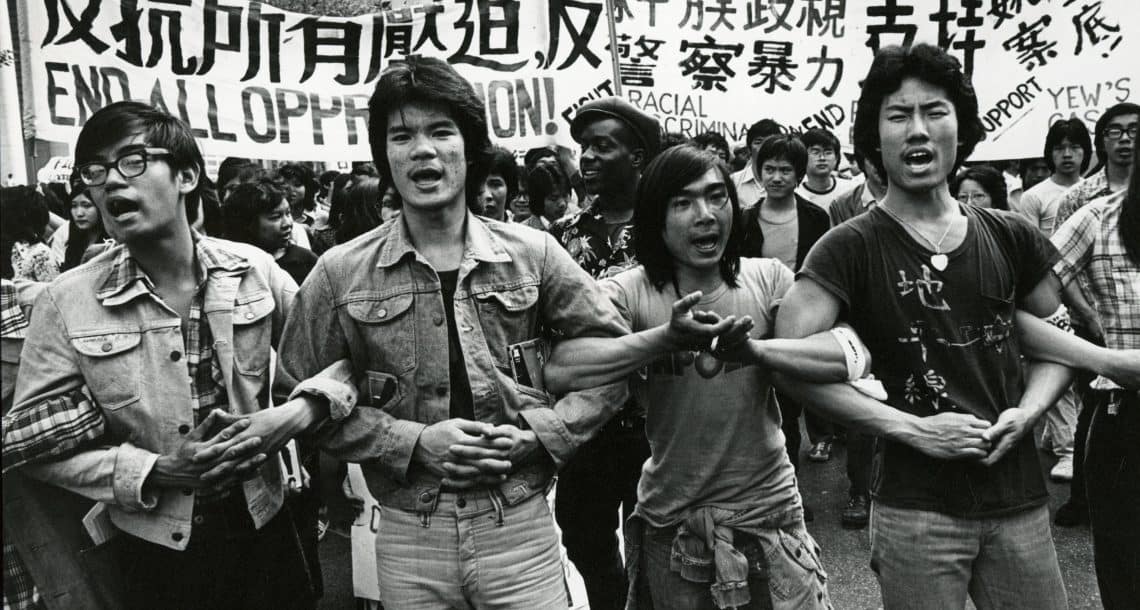The year 1968 saw the birth of a monumental moment when renowned scholar and activist Yuji Ichioka coined the term “Asian American” as part of his co-creation of the Asian American Political Alliance, an organization which has since left a powerful mark on collegiate Asian American activism. This phrase marked the beginning of a new identity for Asian immigrants and citizens, adopting a title that would shed the dated names of “Oriental” or “Asiatic” and would stand for more than just groups segregated by ethnicity; it would represent the unification of a people connected in culture and in spirit.
Great strides have been made in the past century with progress towards solidarity and equality for the Asian-American and Pacific-Islander community (AAPI for short). On a macro scale, the Asian American Movement spurred the surfacing of more liberal, racially-conscious ideas amidst an era that saw social uprising in labor, civil rights, and war. Specifically, the war in Vietnam generated massive backlash as many in the AAPI community marched and spoke out against imperialism. Before, communities of Asian immigrants were scattered and did not have the power to make significant advancements as a result; however, the potential for change was realized when specific individuals took charge in initiating and sustaining activism in their communities. The aforementioned Yuji Ichioka worked with Emma Gee, Asian activist and writer, to start the Asian American Political Alliance, whose early members had prior activist experience but had never worked together before to achieve their shared goals together. Their efforts, among many others, have persisted to this day in the hands of organizations such as The Asian American Foundation; their campaign titled See Us Unite invites AAPI members to have their voices heard and bridge the gap between a community passionate about their culture and the outside world that has yet to fully understand what it truly means to be Asian American.
It is this rift in understanding that causes the many injustices that Asian Americans face every day; whether it be bullying and harassment or hate crimes and large–scale racial bias, it is unacceptable for the AAPI community or any minority group to experience these wrongs in a modern age where acceptance and unity is more important than ever before. The Chinese Exclusion Act of 1882 which prohibited Chinese immigration, the killing of Vincent Chin a century later where his murderers were given a paltry $3000 fine and no prison time, and the more recent occurrences of Asian hate during the COVID-19 pandemic display the extent to which heinous grievances continue throughout history and will remain unless awareness and change is brought about. The Alliance for Asian American Justice, for example, is one coalition whose primary goal is to counter anti-Asian hate in the courts; Asian Americans Advancing Justice likewise pushes for equity in civil rights no matter a person’s background.
Despite the aggregation of anti-Asian hate, especially in the wake of the pandemic, the sentiment of unity thrives now more than ever. Making a difference doesn’t mean you have to organize a rally or march in protest; it can mean having your voice heard, educating others about your culture, and voting to protect your rights. The precedent is there; it’s up to us to do something about it.
Sources:
https://encyclopedia.densho.org/Yuji_Ichioka/
https://en.wikipedia.org/wiki/Asian_American_activism
https://www.allianceaajustice.org/
https://www.advancingjustice-aajc.org/
https://www.asianjusticemovement.org/
https://www.taaf.org/projects/seeusunite
About The Author: Daniel is an ABC (American Born Chinese) and lives in Western New York. He currently attends Brown University concentrating in Computer Science and interns for CSEBRI.
*This article also appears in the Article Section of AAC Journal, Issue 3.
